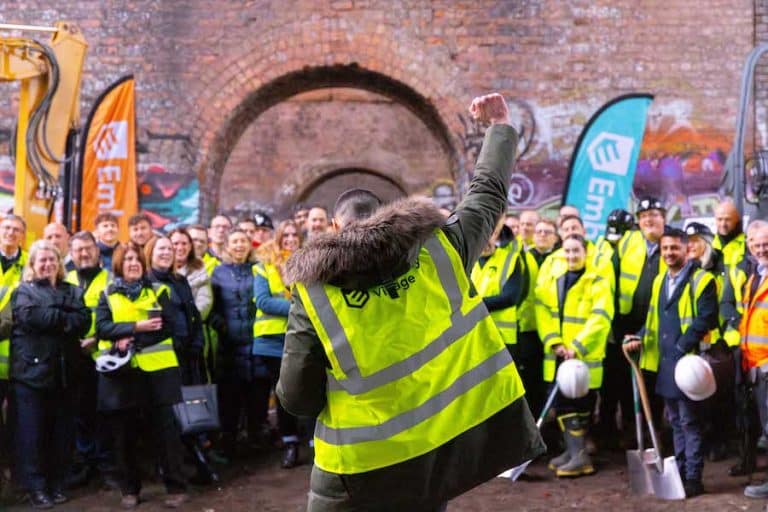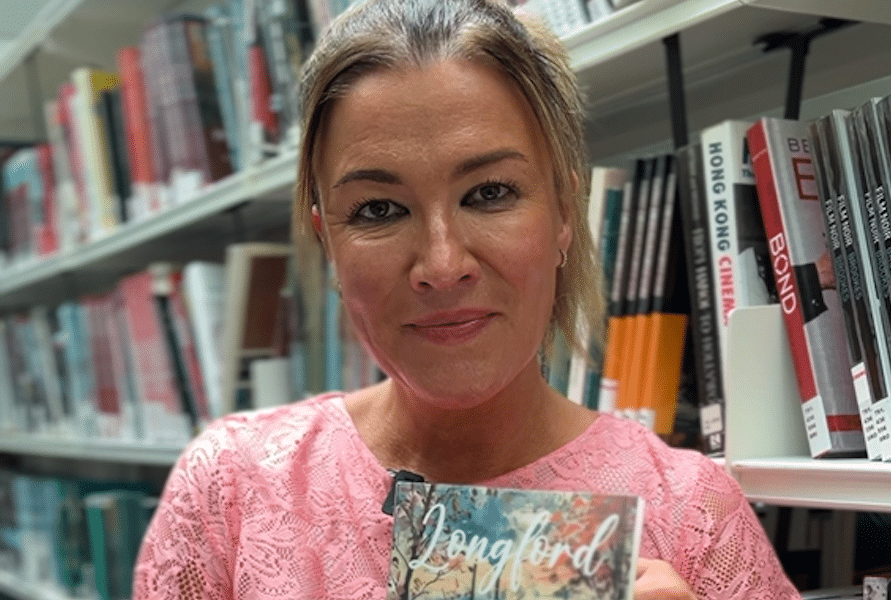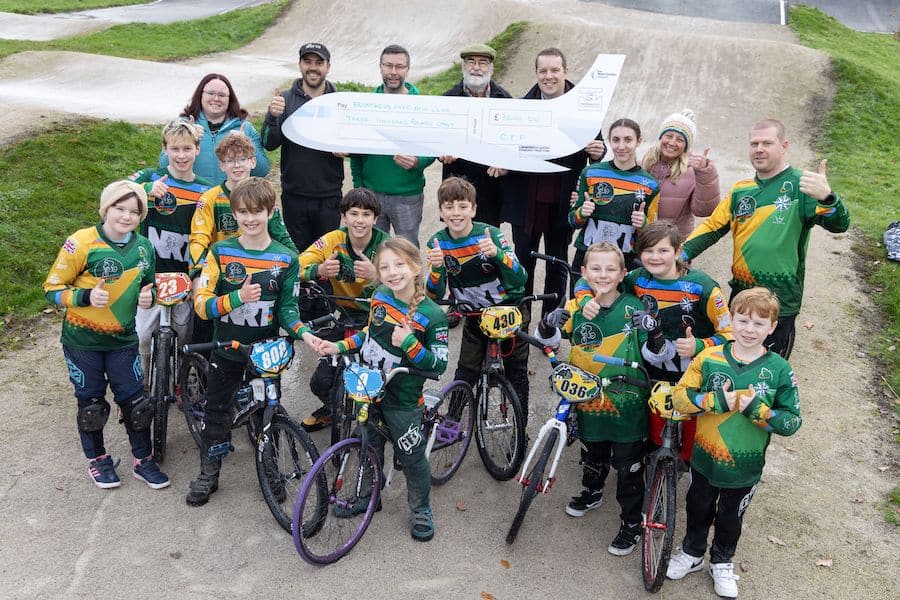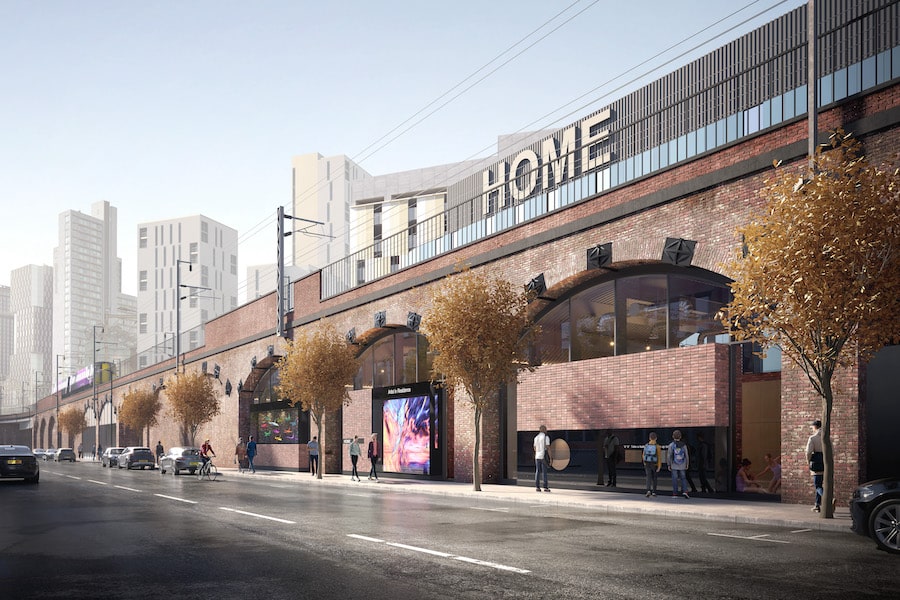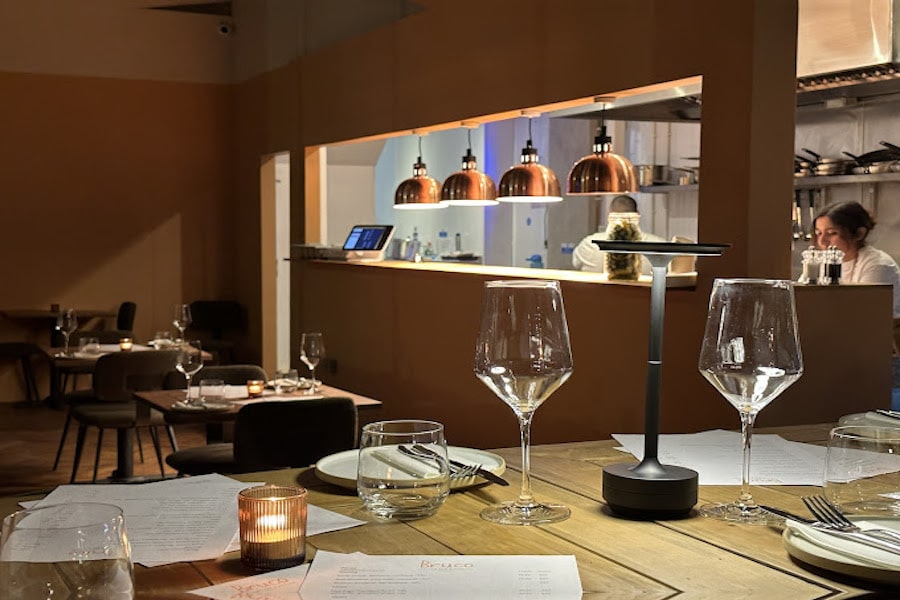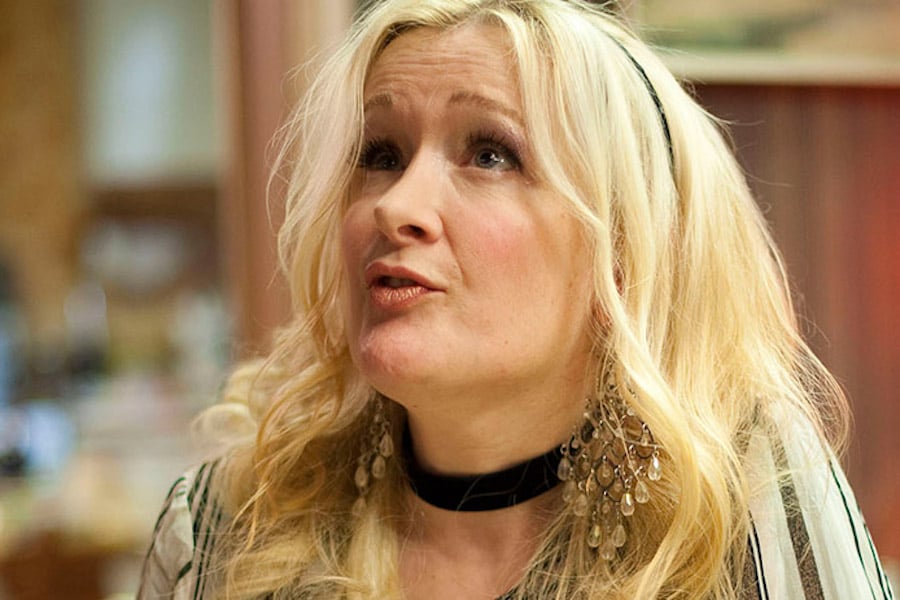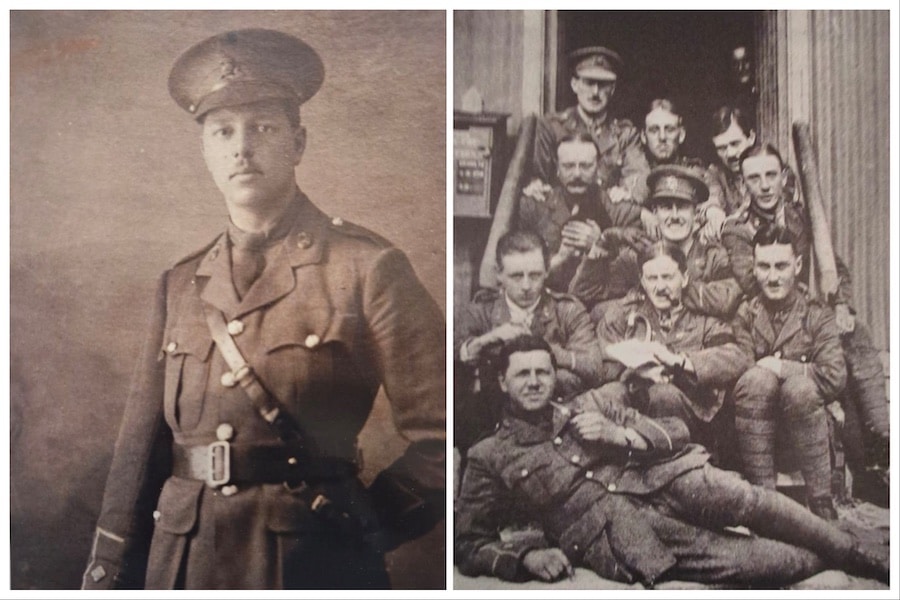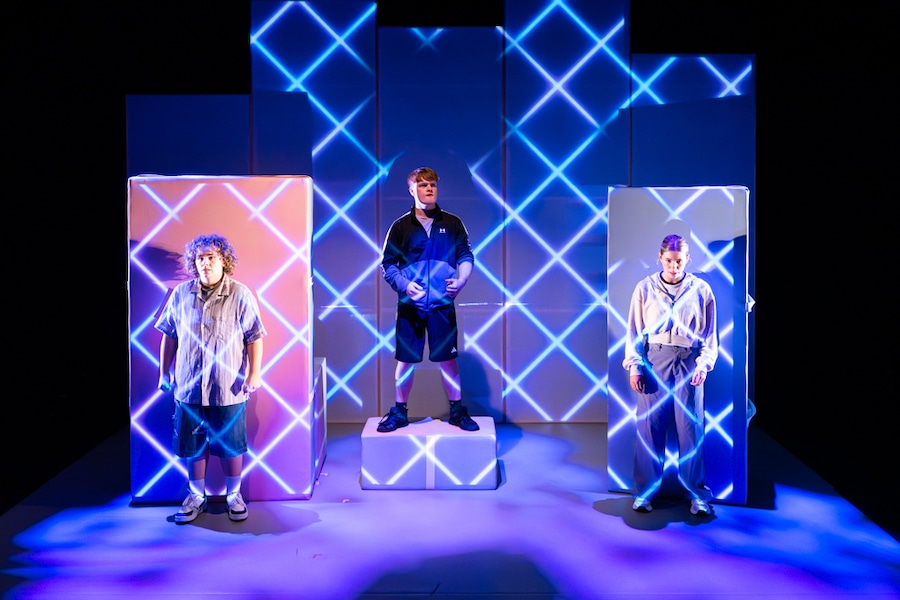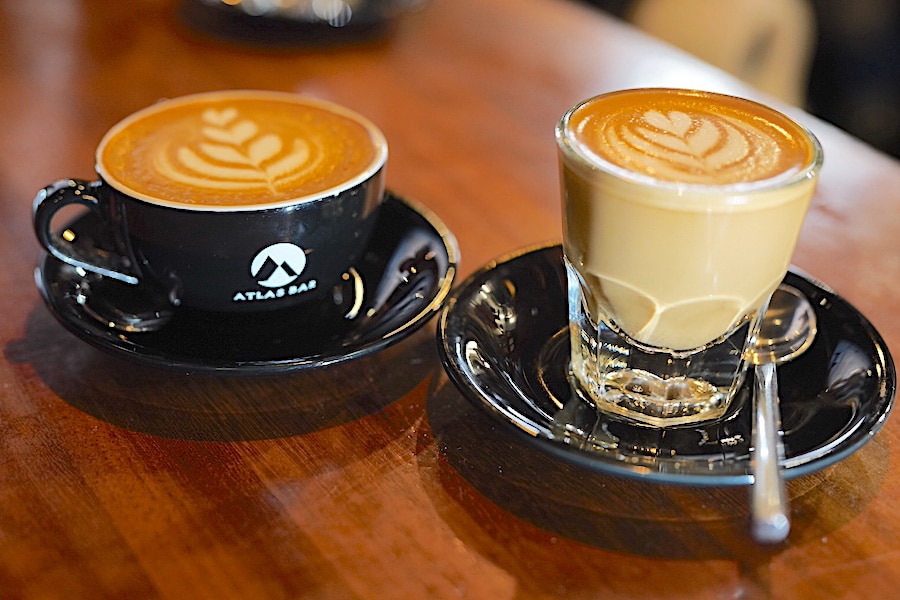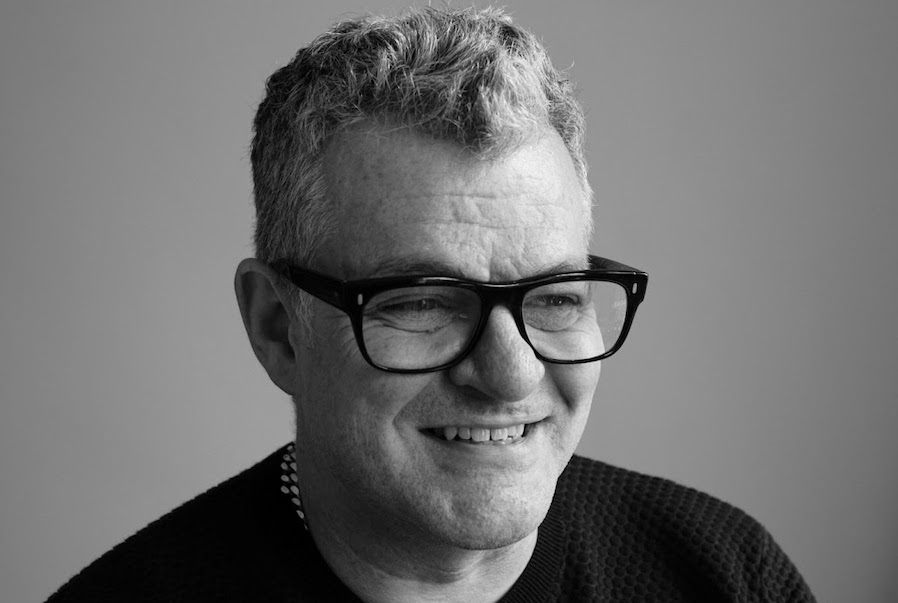“We’re changing perceptions of what an orchestra can be” Meet the inclusive, genre-defying musicians coming to RNCM
- Written by Thom Bamford
- Last updated 3 weeks ago
- City of Manchester, Featured, Music
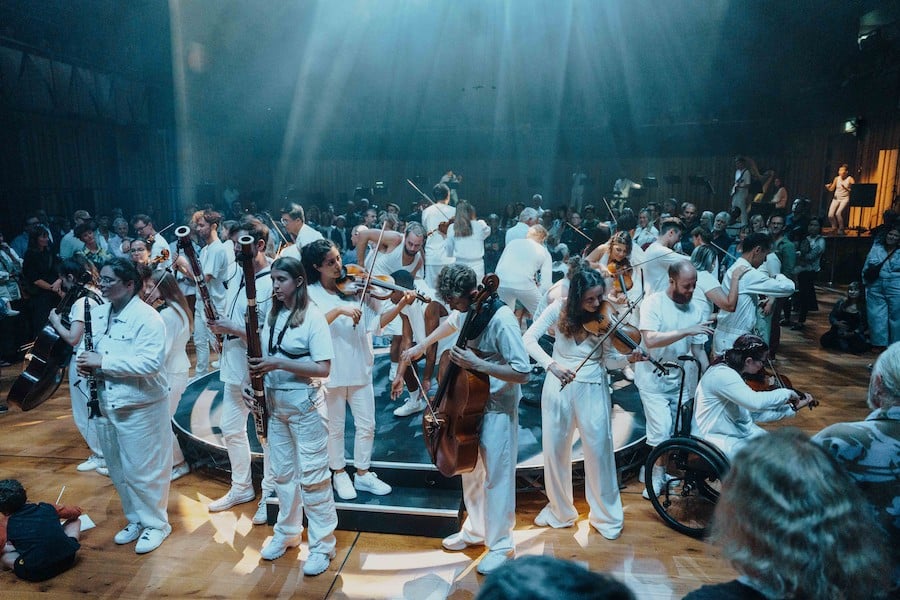
As Paraorchestra prepares for its eagerly anticipated performance of Górecki’s Symphony of Sorrowful Songs at the Royal Northern College of Music (RNCM), the ensemble is once again poised to challenge perceptions of what an orchestra can be.
A trailblazing force in contemporary classical music, Paraorchestra isn’t just rewriting the rules of orchestral performance — it’s transforming the entire conversation around inclusivity and accessibility in the arts.
Paraorchestra
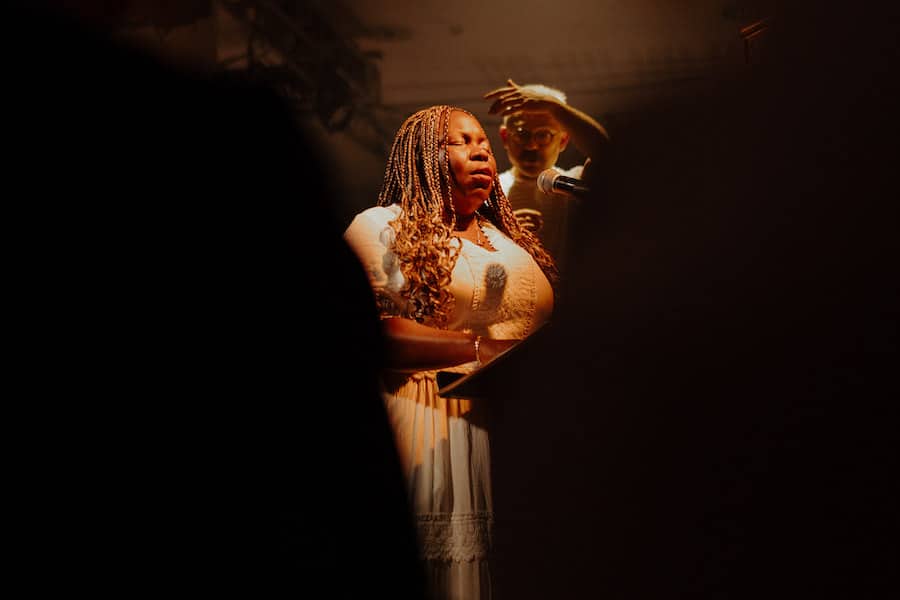
Led by the visionary conductor Charles Hazlewood, this unique collective of disabled and non-disabled professional musicians blends diverse genres, technology, and art forms, offering audiences an experience unlike anything they’ve ever encountered.
From headlining one of the main stages at Glastonbury Festival to the BBC Proms, and reworking electronic music for nightclubs, Paraorchestra’s reach is as broad as its ambition.
With a super-inclusive ethos at its core, this orchestra is not just about playing music—it’s about redefining what it means to perform at the highest level.
Charles Hazlewood
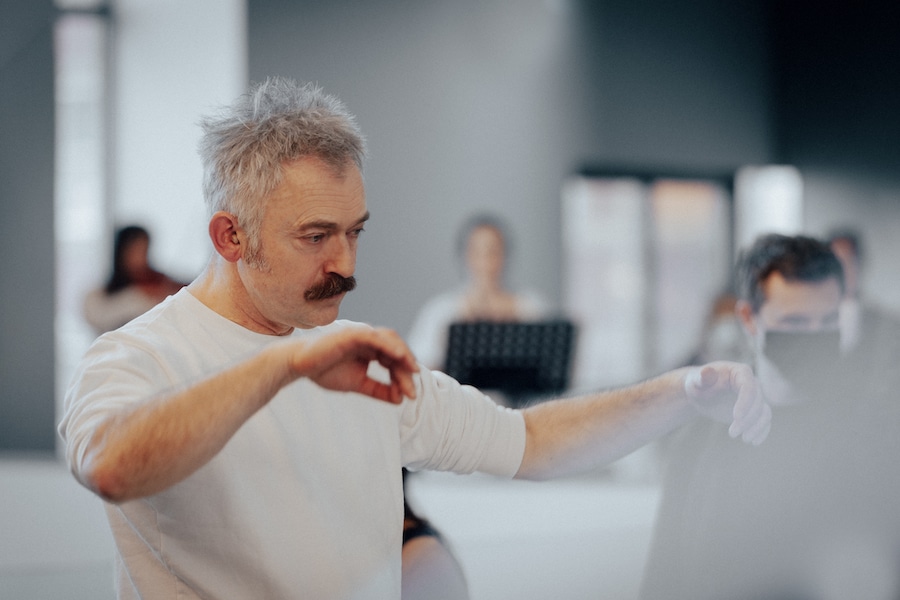
The seeds for Paraorchestra were sown in 2012 when Charles witnessed the impact of the Paralympic Games, where the orchestra performed at the closing ceremony.
The experience resonated deeply with him, particularly as the father of a daughter with cerebral palsy.
“In all the orchestras I work with globally, why do I rarely, if ever, come across a musician with a disability?” he asked.
This question led him to reflect on a broader issue: “It’s not as if talent is lacking among disabled individuals.
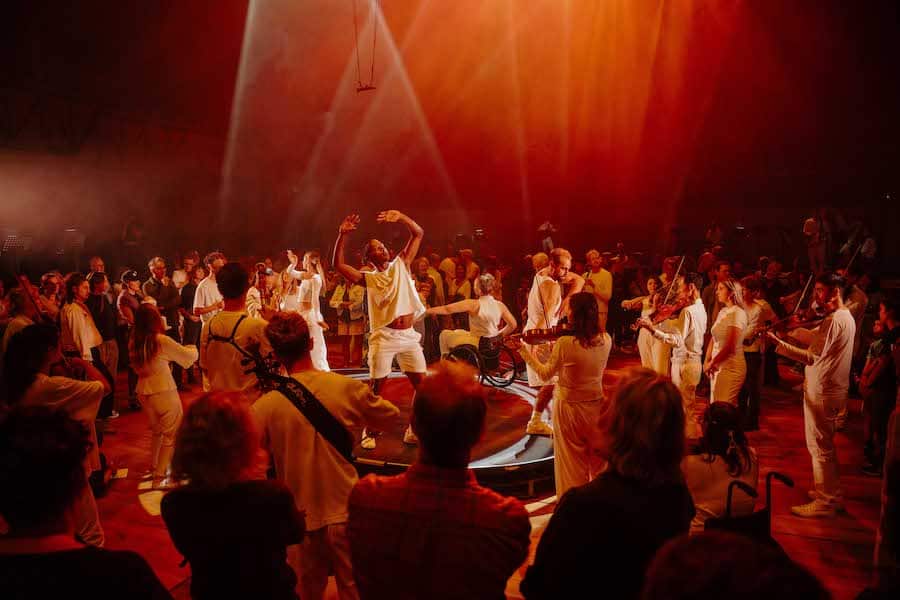
“The reality is that the world simply hasn’t been structured to include people who identify as disabled. Around 20% of the UK’s population identifies as disabled, yet you rarely see this represented on stage.”
The lack of inclusivity in orchestras worldwide revealed a pressing need for change, not only to correct injustices but to broaden the scope of musical talent.
“Why would we want to miss out on talent just because someone doesn’t fit a standard mould?” he asked. “It makes no sense.”
Breaking down barriers with Paraorchestra
In response, Charles created Paraorchestra, which began as an ensemble of 17 highly talented disabled musicians.
He recalls the scepticism he encountered: “When I spoke about forming an orchestra of disabled musicians, people would say, ‘Oh, that’s wonderful,’ but you could sense the doubt.
“They were thinking, ‘But a disabled orchestra won’t be any good, right?’”
These initial reactions spurred him on, as he lobbied tirelessly to secure support and break down the doors of prejudice.
The orchestra’s first performance at the 2012 Paralympic Games closing ceremony was a breakthrough.
“Playing for an audience of hundreds of millions was a thrilling start.”
However, even after this high-profile debut, he found that visibility and acceptance remained challenges.
A shift came in 2015, when Paraorchestra moved to Bristol with the support of Arts Council England.
This relocation allowed Paraorchestra to expand on his vision of a truly integrated ensemble, incorporating both disabled and non-disabled professional musicians.
“Today, we’re a beautifully evolved ensemble with musicians of all kinds,” he explained.
“About 50% of our musicians identify as disabled, and 50% do not. This mixture is what makes us Paraorchestra — a true reflection of the world we live in.”
Embracing a world of sound beyond genre
One of his core beliefs is that music should not be confined by genre.
As a conductor, he has an eclectic taste that spans from Mozart to Aphex Twin, to Kraftwerk.
“There’s no realm of music that I am uninterested in,” he said.
He questions why orchestras should limit themselves to traditional compositions when there is an entire world of sound to explore.
“Traditional orchestras are there to play Brahms and Beethoven, and that’s wonderful. But that doesn’t have to be all an orchestra is.”
For Charles, this mindset naturally leads to an orchestra that embraces digital and electronic elements, especially since many disabled musicians use assistive technology.
“At that point, you just think, ‘Why not open the floodgates?’ There’s nothing we can’t include in our orchestra.”
This openness has led Paraorchestra to perform in venues far beyond the concert hall, including festivals and nightclubs.
“An orchestra represents the most refined form of teamwork in human experience,” he said.
“It’s not about any specific culture or class.”
He believes the traditional concert hall setting often feels exclusive, a members-only club that many people feel unwelcome in.
By playing in diverse settings, Paraorchestra aims to make orchestral music more accessible and relevant.
Engaging young audiences and breaking down stigmas
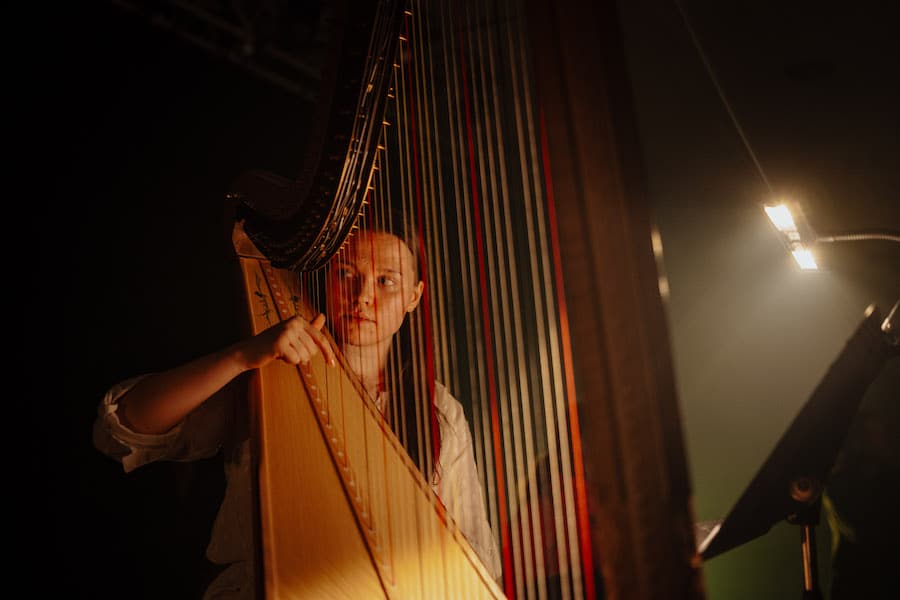
Paraorchestra’s fresh approach has attracted a younger audience, a demographic that traditional orchestras often struggle to reach.
Charles believes that part of this success comes from challenging conventional notions of what orchestral music should be.
His focus on inclusivity also extends to reducing the stigma around disability, and he notes that many Paraorchestra musicians had hidden their disabilities throughout their careers, fearing discrimination.
“The problem is that the system itself is configured against people who fall outside traditional expectations,” he said.
By providing a platform where disabled and non-disabled musicians are valued equally, Paraorchestra is breaking down these barriers.
“It’s not about blaming individuals. The problem is systemic.”
Paraorchestra at the RNCM
The upcoming RNCM performance will feature Górecki’s Symphony of Sorrowful Songs with soprano Victoria Oruwaria.
She is a fabulous singer, with an impressive CV that includes performances at Wigmore Hall, Royal Opera House and The Barbican to name a few.
The music is an intense meditation on loss, pain, and transcendence, Charles reflects on the universal appeal of melancholy music, which he believes resonates deeply with listeners.
“The best music often has a melancholy quality because it meets us wherever we are emotionally,” he explained.
“By contrast, cheerful music can sometimes feel a bit grating.”
The symphony’s second movement, inspired by words found scratched into the wall of a concentration camp cell, embodies this emotional depth.
“It’s undeniably dark, but music has this incredible ability to fully inhabit such darkness while also bringing transcendence.”
The concert will also include Schubert’s Death and the Maiden String Quartet, reimagined by Gustav Mahler for a full symphonic string section.
Mahler’s reworking was controversial at the time, but Charles sees it as a testament to music’s adaptability.
“We’ll be recreating this symphonic version of Schubert’s masterpiece, allowing its grandeur and intensity to fully resonate on a larger scale,” he said.
Such performances are essential to Paraorchestra’s mission to broaden the orchestral experience.
Making huge strides in accessibility
While Paraorchestra has made significant strides, Charles acknowledges that much work remains.
He compares the ensemble’s journey to the evolution of the Paralympic movement, which took over 50 years to be recognised as a world-class sport.
“Paraorchestra has been around for only 11 years. We’re still early in the journey,” he said.
Although there are many people doing great work, he stresses that transforming an entire industry takes time.
He said that in the UK, which is relatively progressive on disability issues, there are still concert venues with inaccessible stages and limited resources for teaching assistive technology.
“These basic barriers make it clear that we need change at the grassroots level,” he added.
Manchester – the music city
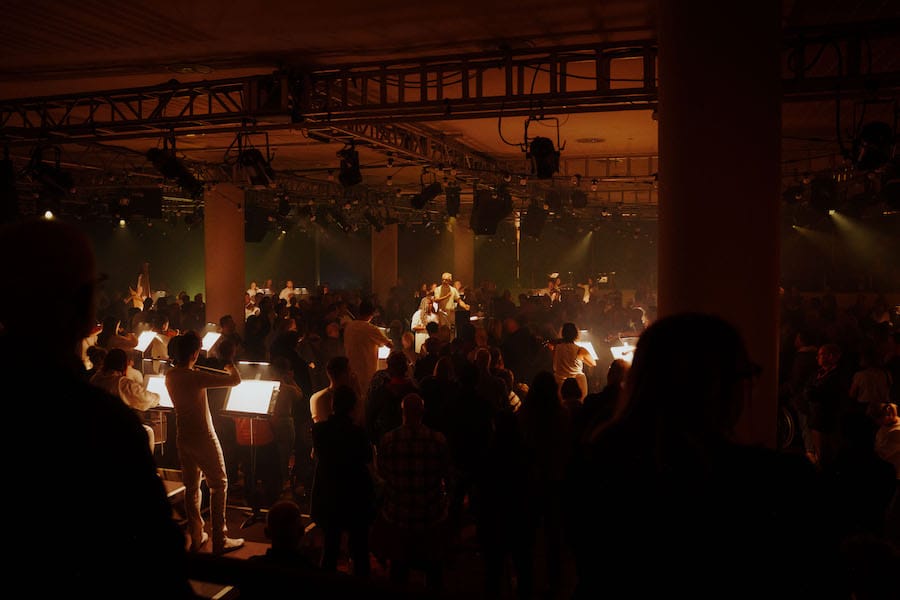
And playing in Manchester? They love it!
Having recently performed at Factory International with Brett Anderson from Suede, Charles said he loved performing in the city.
He said: “I absolutely love Manchester. It’s an amazing town, isn’t it? It has such heart. I also love how politically engaged Manchester is.
“I’m originally from the West Country; my roots are in Cornwall and Somerset, which is lovely.
“However, I’d say that politically, everything there is a bit soft-focus. Our children don’t grow up with picket fences or attending Socialist Worker rallies. It’s just not part of the culture; it’s not in the water.
“But cities like Manchester, Liverpool, Newcastle, and Glasgow are so politically active. I love that about them. People there are passionate and engaged, and they call a spade a spade.
“I’ve definitely played gigs in Manchester where the audience have expressed their opinions—letting you know what they like and what they don’t.
“There’s no polite drizzle of applause. That’s the way it should be.”
For Charles, Paraorchestra’s journey is not just about inclusion; it’s about redefining what an orchestra can be.
“At the end of the day, we want a blend.
“Humanity thrives as a glorious mix of everything: ethnicity, gender, gender fluidity, and disability included.”
Through Paraorchestra, he hopes to create a space where musicians of all backgrounds can come together to make music that is powerful, inclusive, and transformative.
“This isn’t just about breaking down barriers for disabled musicians,” he said.
“It’s about showing the world that an orchestra can be so much more than a relic of the past. It’s a living, breathing entity that can resonate with people from all walks of life.”
Tickets for Paraorchestra at RNCM
For those lucky enough to experience their upcoming performance at RNCM, you’re in for a huge treat.
They will be playing: Franz Schubert arr Gustav Mahler String Quartet No 14 in D minor D 810 ‘Death and the Maiden’ arr for string orchestra Henryk Górecki Symphony No 3 Op 36 ‘Symphony of Sorrowful Songs’ with soprano Victoria Oruwari.
Beautifully haunting and brimming with a spectrum of emotion, Górecki’s symphony embodies loss and grief, comfort and hope. Each of its three movements features a Polish lament that guides you on a captivating and cathartic adventure that offers solace, warmth and a sense of hope despite its underlying themes of grief.
Paraorchestra doesn’t just play music—they transform it, and in the process, they invite all of us to reconsider what’s possible when art, technology, and inclusivity converge.
You can get tickets to see Paraorchestra at the Royal Northern College of Music by clicking here
- This article was last updated 3 weeks ago.
- It was first published on 29 October 2024 and is subject to be updated from time to time. Please refresh or return to see the latest version.
Did we miss something? Let us know: [email protected]
Want to be the first to receive all the latest news stories, what’s on and events from the heart of Manchester? Sign up here.
Manchester is a successful city, but many people suffer. I Love Manchester helps raise awareness and funds to help improve the lives and prospects of people across Greater Manchester – and we can’t do it without your help. So please support us with what you can so we can continue to spread the love. Thank you in advance!
Got a story worth sharing?
What’s the story? We are all ears when it comes to positive news and inspiring stories. You can send story ideas to [email protected]
An email you’ll love. Subscribe to our newsletter to get the latest news stories delivered direct to your inbox.
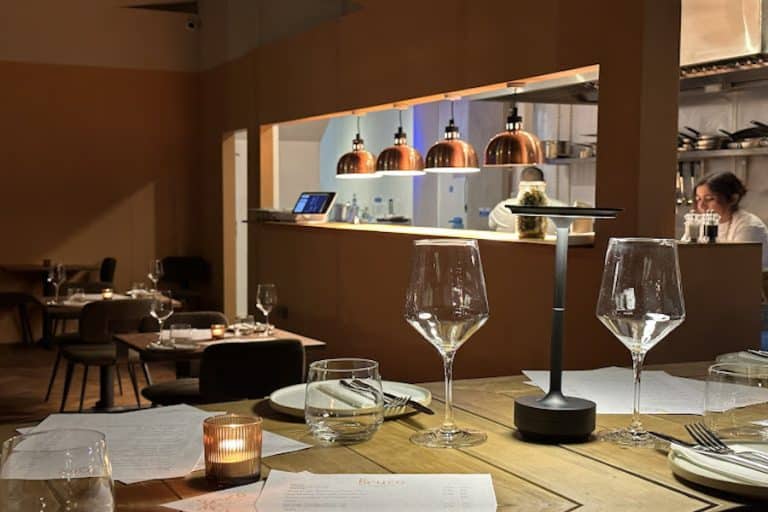
“Great food at excellent value” An authentic taste of Naples arrives in Ancoats
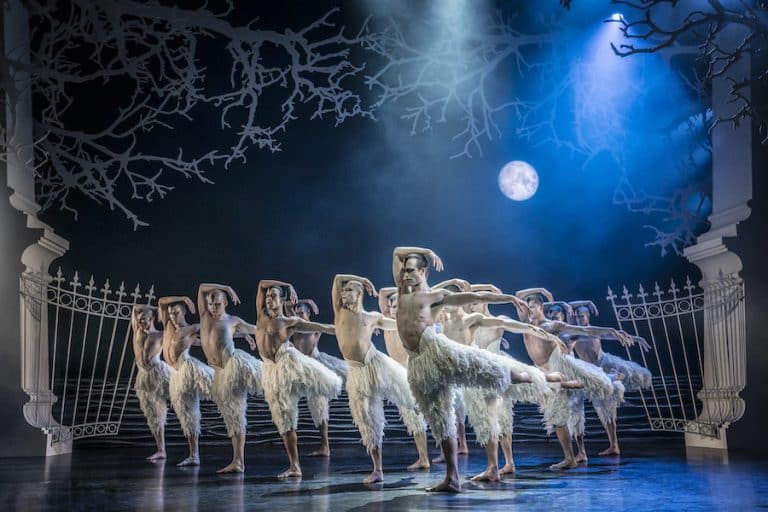
Review: Matthew Bourne’s Swan Lake at the Lowry is ‘a bold, contemporary twist on a timeless classic’
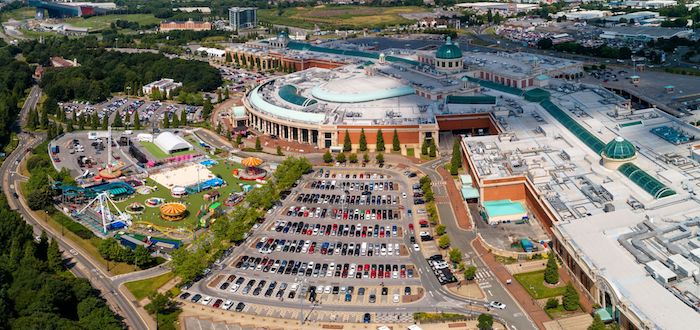
Convenience meets luxury with Trafford Centre’s premium parking
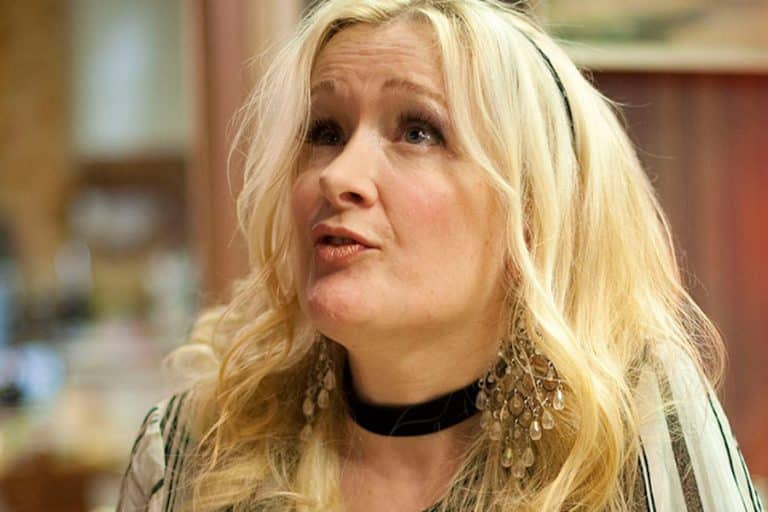
Comedian spearheads campaign for a statue of beloved comic Caroline Aherne
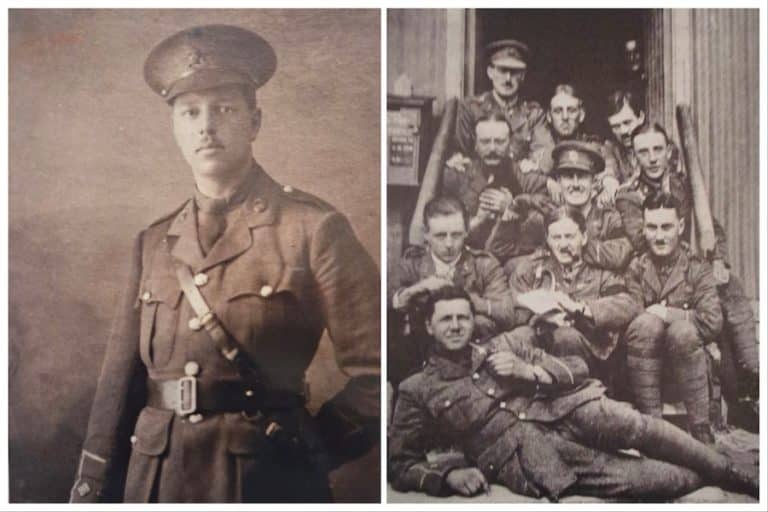
From Altrincham to the Somme: WW1 officer’s poignant sketches to go on display as part of Remembrance Exhibition
